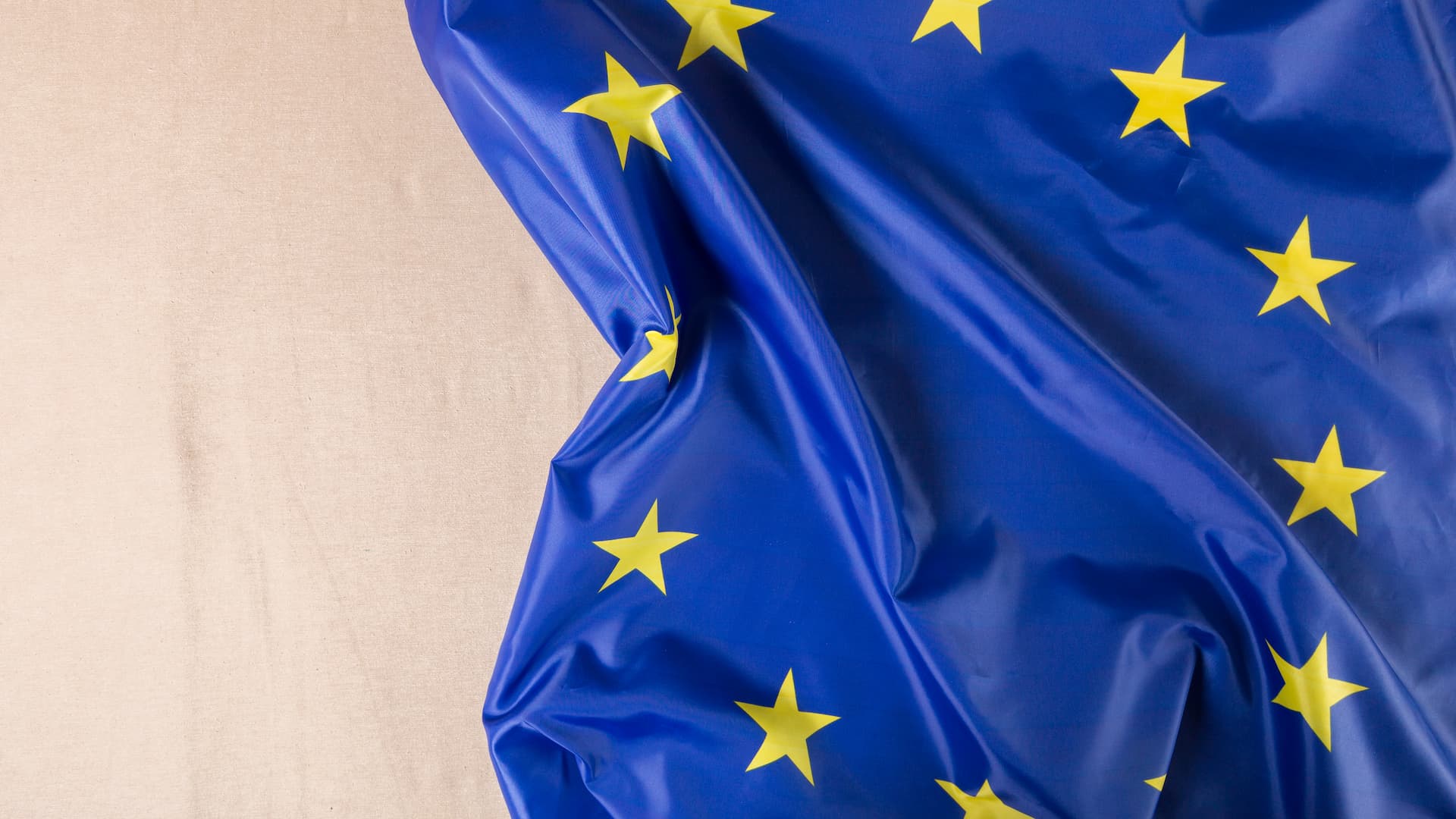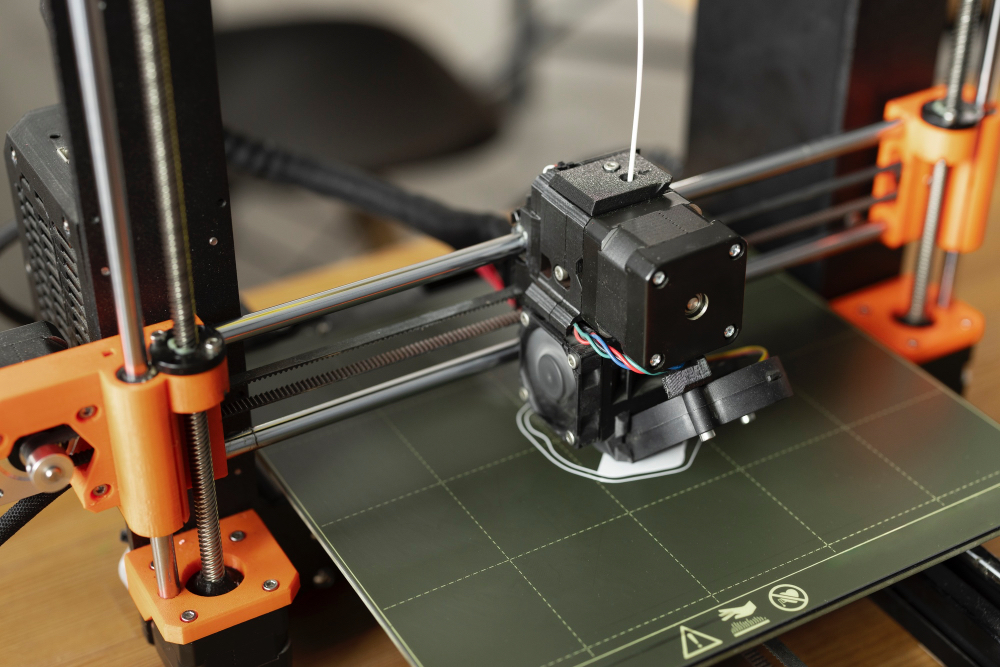The Scottish government has launched a consultation proposing a specific criminal offence for creating AI-generated intimate images without consent. Existing Scots law covers the sharing of such photos, but ministers in Scotland say gaps remain around their creation.
The consultation in Scotland also seeks views on criminalising digital tools designed solely to produce intimate images and videos. Ministers aim to address harms linked to emerging AI technologies affecting women and girls across Scotland.
Additional proposals in Scotland include a statutory aggravation where domestic abuse involves a pregnant woman, requiring courts to treat such cases more seriously at sentencing. Measures to strengthen protections against spiking offences are also under review in Scotland.
Justice Secretary Angela Constance said responses in Scotland would inform future action to reduce violence against women and girls. The consultation also considers changes to non-harassment orders and examines whether further laws on non-fatal strangulation are needed in Scotland.
Would you like to learn more about AI, tech and digital diplomacy? If so, ask our Diplo chatbot!










